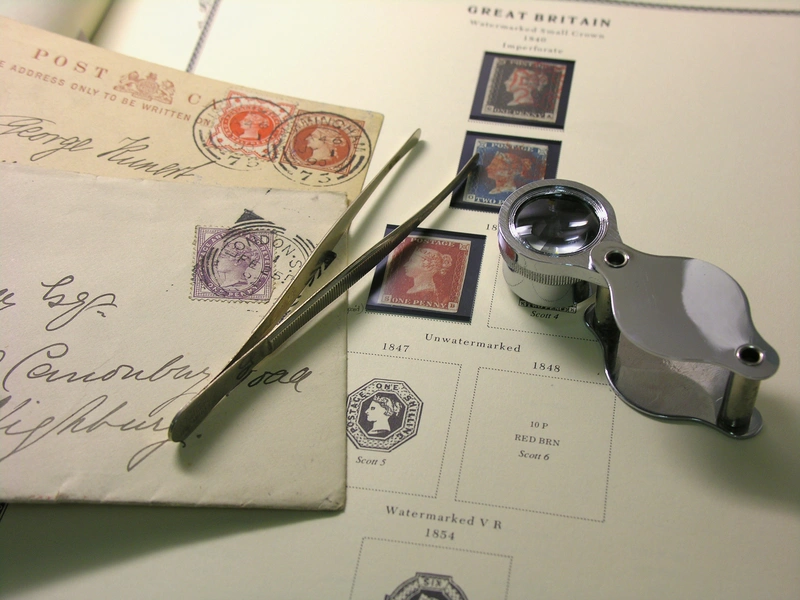
- Department store in talks with co-owner
- Rising interest rates hammer borrowers
- Stamp dealer seals its own demise
Since opening its doors in 1909, celebrated London department store Selfridges has survived war, recession and a sea-change in consumer spending habits, but now it faces what could be its biggest challenge to date.
The store has had to go cap in hand to its Thai owner Central Group for cash to pay its debt liabilities after co-owner Signa filed for insolvency.
At the same time Stanley Gibbons, the world’s oldest rare stamp merchant, has fallen into insolvency after taking out a £6.5 million loan to buy the world’s most expensive stamp.
HOUSE OF CARDS
In the case of Selfridges, its troubles can be traced back to Austrian retail and real estate billionaire Rene Benko whose Signa Prime Selection bought the department store with Thai conglomerate Central Group last year for an eye-popping £4 billion.
Signa Prime Selection, which owns a roster of landmark European luxury buildings aside from Selfridges, filed for restructuring yesterday.
According to Bloomberg, Thursday’s announcement follows ‘a series of similar moves in recent weeks across the group, which has been hit hard by rising interest rates’.
‘The organization had relied on frothy valuations to fuel expansion, but in the midst of a cash crunch the complex corporate structure that helped enable its growth threatens to make an overhaul difficult.’
The retailer is understood to have loans from Manchester Exchange Square Invest Limited due for repayment in February 2024, and from London Oxford Street Invest Limited due to be repaid in August 2024, although both can be extended by a year as long as Selfridges has ‘continued support from the group’s ultimate controlling parties’.
RISKY BUSINESS
In the case of Stanley Gibbons, its troubles look to be self-inflicted after it borrowed heavily from its largest shareholder, Phoenix SG, to buy a British Guiana 1c Magenta stamp for £6.3 million in 2021, described as ‘the Mona Lisa of the philatelic world’.
The dealer, which began trading in 1856, dreamed up a scheme to sell ‘fractional shares’ in the stamp online to outside investors at £100 apiece with the aim of netting £8 million.
According to The Times, the first tranche of sales generated revenue of £1.14 million in the year to March 2022, and the firm launched a secondary marketplace to allow investors to trade their fractional shares, but interest fizzled.

At the same point, Stanley Gibbons’ borrowings with Phoenix, which also owns a majority stake in iconic British toymaker Hornby (HRN), had reached almost £20 million, forcing it to grant the stamp dealer a waiver after it became obvious the latter wouldn’t meet its March 2023 debt repayments.
Stanley Gibbons was sold to Strand Collectibles Group earlier this week in a fast-track insolvency process.
Strand chief executive Tom Pickford said: ‘Despite strong growth in auctions this year and new partnerships in publications, Stanley Gibbons Group has been unable to find a solution to its long-standing historic liabilities which includes legacy acquisitions, leases and debt.
‘The group explored all options to resolve these liabilities, however it was unable to find a satisfactory solution. Under the ownership of Strand Collectibles Group, Stanley Gibbons will continue to serve the needs of philatelists with catalogues, magazines, albums and accessories, dealing and auctions and will be launching a new digital stamp collecting experience later in the year.’
These sort of money problems come as a timely reminder to investors. Balance sheets of listed stocks already straining under hefty debt could find themselves in similar trouble if customers starting spending less in 2024.




